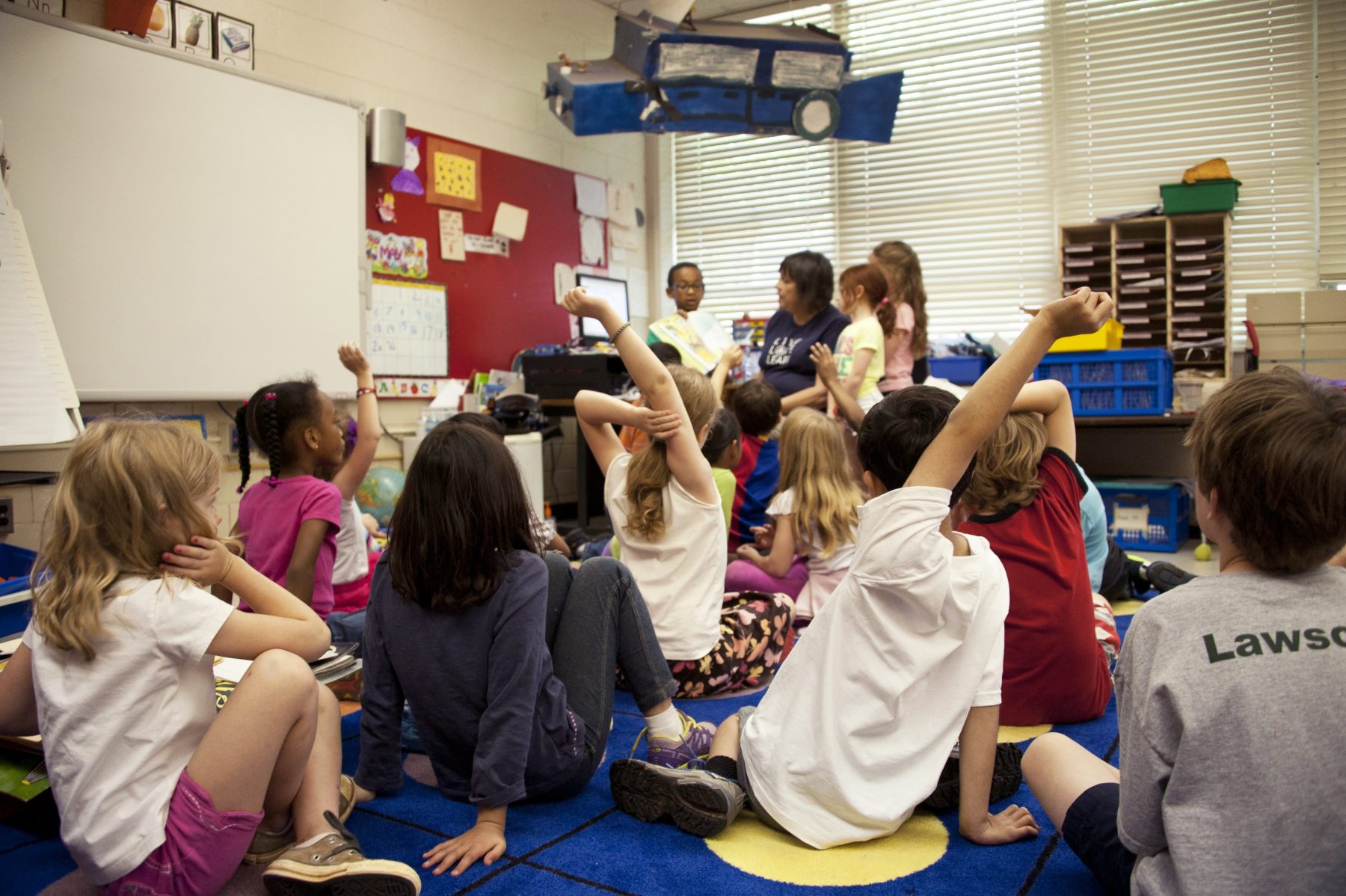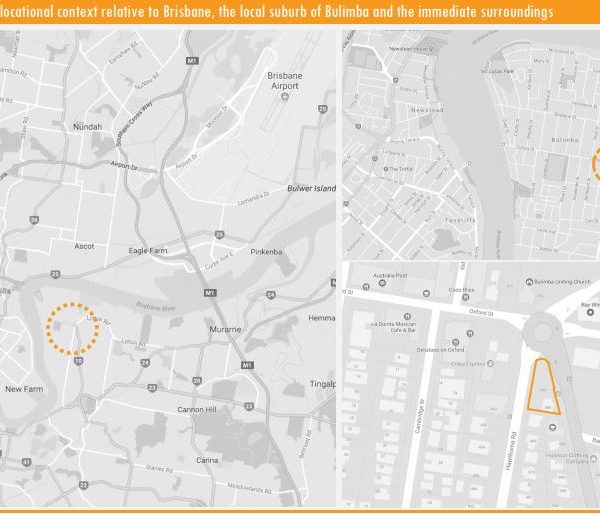Charles Sturt academics give their best tips for children to have a strong school start

Emeritus Professors Bob Perry and Sue Dockett, both with Charles Sturt University’s Faculty of Arts and Education, have shared their advice on how to help children transition to school when they have no prior experience or knowledge of the environment they will attend, particularly in light of the challenges presented by COVID-19.
For most children, starting school is an exciting and challenging time. But for some children who have limited connections with their community, or who are new to the school, this experience can be a heightened time, and one where children and families must transverse what the academics termed “invisible transitions”.
For many young children in Australia, the Christmas holidays mark the change between attending preschool or childcare and moving to school. To support this move, many children and families will have attended transition programs and started to connect with other children and families who will attend the same school, or have built up to this experience at an early learning service.
These children typically feel a mix of excitement and anxiety as the school year approaches, with familiar changes expected for all involved. For some children and families, the path to starting school is different. Some children will not have attended early childhood settings or transition programs.
There may have been family changes, such as moving house or different decisions made about school choice. COVID-19 may have limited their opportunities for face to face engagement.
Regardless of the reason, there will be some children who start school who are unknown at that school until the day they arrive, and it’s these children who the academics caution are ‘invisible’ to the school. This means that school staff will not know the child or family, and probably, no provision has been made for the child at school. Children may not know the school environment or know what is happening for them. This can be a daunting time for all.
“One of the criteria we have for knowing when a transition to school has been effective is to consider a sense of belonging: do people feel like they belong in this school? It can be hard for children and families to feel that sense of belonging if no one knows or expects you; you don’t know anyone; there is no space readily available for you; and, as is often the case in the first days of the school year, everyone around you seems to be busy,” the academics noted.
Circumstances will always dictate that some changes in plans are necessary. For example, there will always be families who move to a new house over the Christmas break, and it is likely that there will always be children who change schools unexpectedly. Educators in many schools realise this and have some plans in place to help manage these situations. They are committed to helping children and families feel welcomed and comfortable in the new environment and see this as part of a positive transition to school.
What can children and families do?
There are things families and children can do to manage the changes involved in ‘invisible’ transitions. These are based on positive communication among all involved and making connections. Some strategies suggested by the academics include:
- Provide opportunities to say goodbye: when families move, children move from preschool to school, or change schools, it is important for children to have a chance to say goodbye to friends and/or plan ways to maintain contact. Friends are important, whatever the age.
- Starting school is often much easier with a friend: consider ways to contact others who attend or are involved with the new school. For example, visit a playgroup, neighbourhood or community centre, talk with neighbours, or visit local community events and locations to make local contacts. Contacts are important for both children and parents.
- Talk with children about school: children will be keen to know what school will be like, what will happen, who will be there, and more. Family members can talk about their own school experiences – hopefully in a positive way – and there are books, stories and videos about schools that can be shared.
- Many schools have a public Facebook page and/or web page: accessing these can help identify the uniform, what the school looks like and the sorts of activities available. Some schools have a ‘get to know your teacher day’ before school starts, where children and families are invited to the school to meet teachers and see the classroom. Information about these days and other events are often to be found on the Facebook page.
- Contact the school before the first day of the new school year: this can get the process of enrolment started and set some plans for managing the start to school.
- If you are in a new area, take time to drive past the new school: stop and look around. Find the main gate. Plan how children will travel to and from school and where possible, practice this. Have a back-up plan, just in case something unexpected happens. It is important for all involved to have some certainty in a new situation.
Starting school can be challenging, even for those children and families who have participated in all aspects of the usual path children take in the transition to school in Australia, the academics concluded.
“It is important that all children, and their families, experience an effective start to school, one that will form the foundations for a successful and enjoyable school career. The common processes experienced by most children in Australia are designed to achieve this aim. However, the ‘invisible’ children and families also deserve such an effective start to school, and all involved can assist.”
For more information, hints, advice and tips on a successful transition to school for children please see here.
Popular

Policy
Quality
Practice
Provider
Research
Workforce
ECEC services to close early for mandatory child safety training under national reforms
2025-12-01 07:10:09
by Fiona Alston

Quality
Policy
Practice
Provider
Workforce
Growth restrictions and enhanced oversight imposed on Affinity Education Group in NSW
2025-12-01 07:30:29
by Fiona Alston

Workforce
Events News
Policy
Practice
Provider
Quality
Gold Walkley Award win for childcare investigation places national spotlight on safety and accountability in ECEC
2025-12-02 07:30:34
by Fiona Alston
















